.jpeg)
Sewage Backup Awareness Campaigns: Understanding the Dangers and How to Prevent Them
As unpleasant as it may be to think about, sewage backups are a reality that homeowners and business owners must face. Sewage backups can lead to costly repairs, health hazards, and damage to property. To raise awareness about the dangers of sewage backups and promote prevention, various organizations and agencies conduct sewage backup awareness campaigns. In this article, we will explore the importance of these campaigns, the potential risks associated with sewage backups, and steps that can be taken to prevent them.
The Dangers of Sewage Backups
.jpeg)
Sewage backups pose significant risks to both human health and the environment. When sewage flows back into homes or enters the surrounding environment, it can carry harmful bacteria, viruses, and other pathogens. These microorganisms can cause illnesses, including gastrointestinal infections, respiratory infections, and skin infections. In addition to the immediate health risks, sewage backups can also contaminate water sources, leading to long-term environmental damage.
Furthermore, sewage backups can cause extensive damage to properties. The contaminated water can penetrate walls, floors, and belongings, leading to costly repairs and replacements. It can also create a breeding ground for mold, which can further compromise indoor air quality and pose health risks to occupants.
Sewage Backup Awareness Campaigns
Sewage backup awareness campaigns aim to educate individuals and communities about the risks and consequences of sewage backups. These campaigns often target homeowners, business owners, and local authorities to promote understanding and encourage proactive measures to prevent backups.
During these campaigns, information is provided about the common causes of sewage backups, such as clogged sewer lines, tree root intrusions, and excessive rainfall. Participants are also educated about the signs of a potential sewage backup, including slow drains, gurgling sounds, foul odors, and sewage backups in lower-level fixtures.
.jpeg)
In addition to raising awareness, these campaigns also provide guidance on how to prevent sewage backups. This includes proper waste disposal practices, regular sewer line maintenance, and the installation of backwater valves and sump pumps. By following these preventive measures, individuals can significantly reduce the risk of experiencing a sewage backup.
Preventing Sewage Backups
Preventing sewage backups requires a combination of proactive measures and regular maintenance. Here are some essential steps individuals can take to prevent sewage backups:
- Properly dispose of fats, oils, and grease by placing them in sealed containers and throwing them in the trash.
- Avoid flushing items that can clog drains and pipes, such as sanitary products, paper towels, and wet wipes.
- Have your sewer lines inspected and cleaned regularly by a professional plumber.
- Install backwater valves and sump pumps to prevent sewage from flowing back into your property during heavy rainfall or sewer system overload.
- Maintain your landscaping by avoiding planting trees with invasive root systems near sewer lines.
- Keep storm drains free from debris to prevent them from becoming overwhelmed and causing sewage backups.
Conclusion
Sewage backup awareness campaigns play a crucial role in educating individuals about the risks and consequences of sewage backups. By raising awareness, promoting preventive measures, and empowering homeowners and business owners with knowledge, these campaigns contribute to reducing sewage backup incidents and protecting both public health and the environment. Remember, taking proactive steps to prevent sewage backups can save you from costly repairs and potential health hazards.
How can sewage backups be prevented?
What are the risks of sewage backups?
What is a backwater valve?
For more information about sewage backup cleanup and restoration services, contact Service Water Restoration Pros at 949-209-1582.



